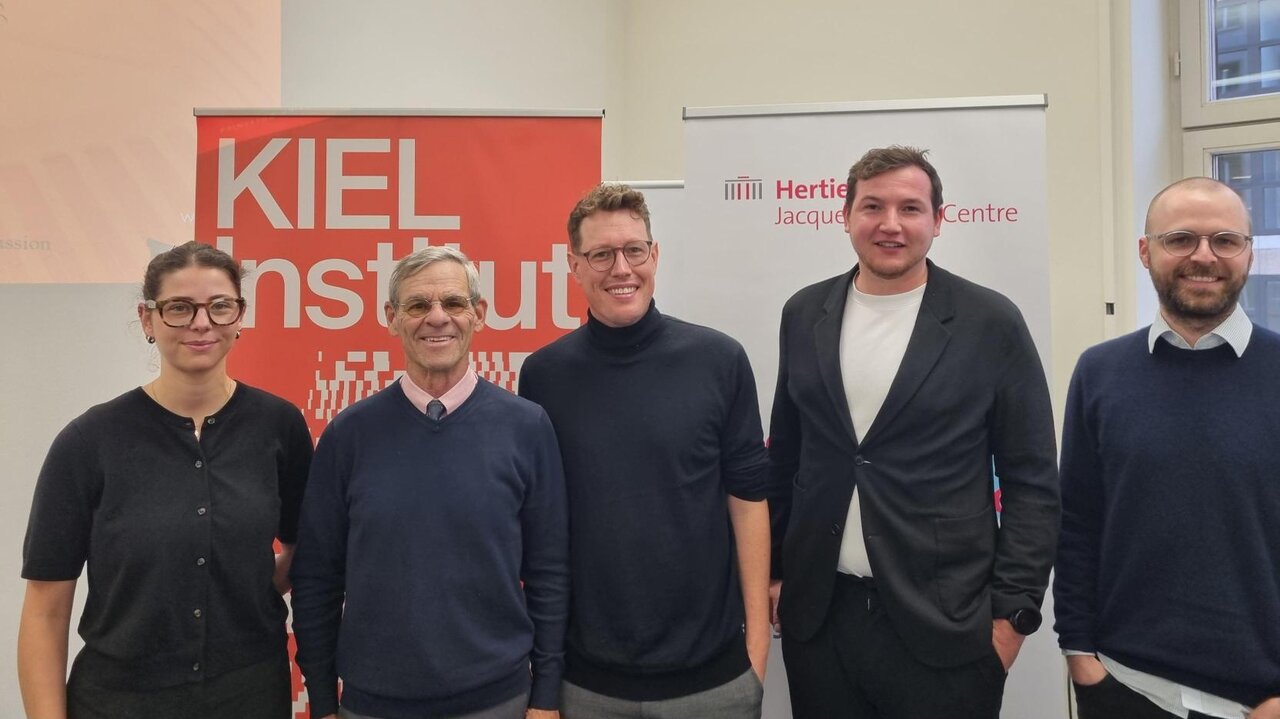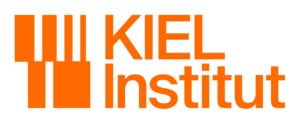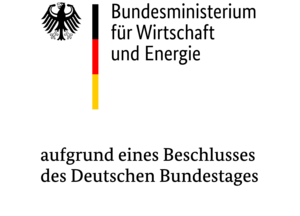10 Oct
2025
Roundtable Discussion
Why America (Still) Needs Europe with Ethan B. Kapstein
09:00
–
11:00
The roundtable with Prof. Ethan B. Kapstein provided a stimulating discussion on the future of transatlantic cooperation. Drawing on his joint research with Prof. Jonathan Caverley, “The Atlantic Alliance: Diverging Interests, Converging Policies,” Prof. Kapstein argued that concerns about NATO’s long-term cohesion are largely overstated. Instead, he suggested that a “new equilibrium” in transatlantic relations is emerging. Participants engaged in a lively exchange on the political economy of defense and industrial policy within the European Union, exploring how these factors shape Europe’s pursuit of strategic autonomy. The event brought together scholars and practitioners for a thought-provoking conversation about the evolving dynamics of the Atlantic Alliance and the policy choices driving closer cooperation across the Atlantic.

Speaker:
Prof. Ethan B. Kapstein
Abstract:
The twin shocks of Russia’s invasion of Ukraine coupled with Donald Trump’s re-election to the U.S. presidency has caused observers on both sides of the Atlantic to express fears concerning the health and durability of the NATO alliance. But in this talk we argue that such fears are overwrought, and that a “new equilibrium” is being established among alliance members. In particular, we highlight three critical developments that are shaping the new equilibrium. First, Europe is well on its way to developing a robust defense manufacturing sector that serves U.S. interests as well as those of other NATO and EU member-states. Second, as they engage in significant rearmament, European states will, according to a recent US-EU trade agreement, “substantially increase procurement of military and defense equipment from the United States.” Third, this increased defense effort will provide the United States and Europe unique and complementary strategic and operational advantages not just in Europe but around the world, providing strategic industrial depth outside of the Indo-Pacific theater and developing specialized capabilities useful to U.S. interests. Indeed, increased European defense spending on the one hand, alongside divergent strategic priorities (Moscow for the EU, Beijing for the US) on the other, are generating opportunities for trans-Atlantic collaboration that move the allies beyond the imbalanced power relationships that once characterized NATO.
Invitation only!
Contact:
Anika Bender
Anika.Bender@kielinstitut.de


Organizer


